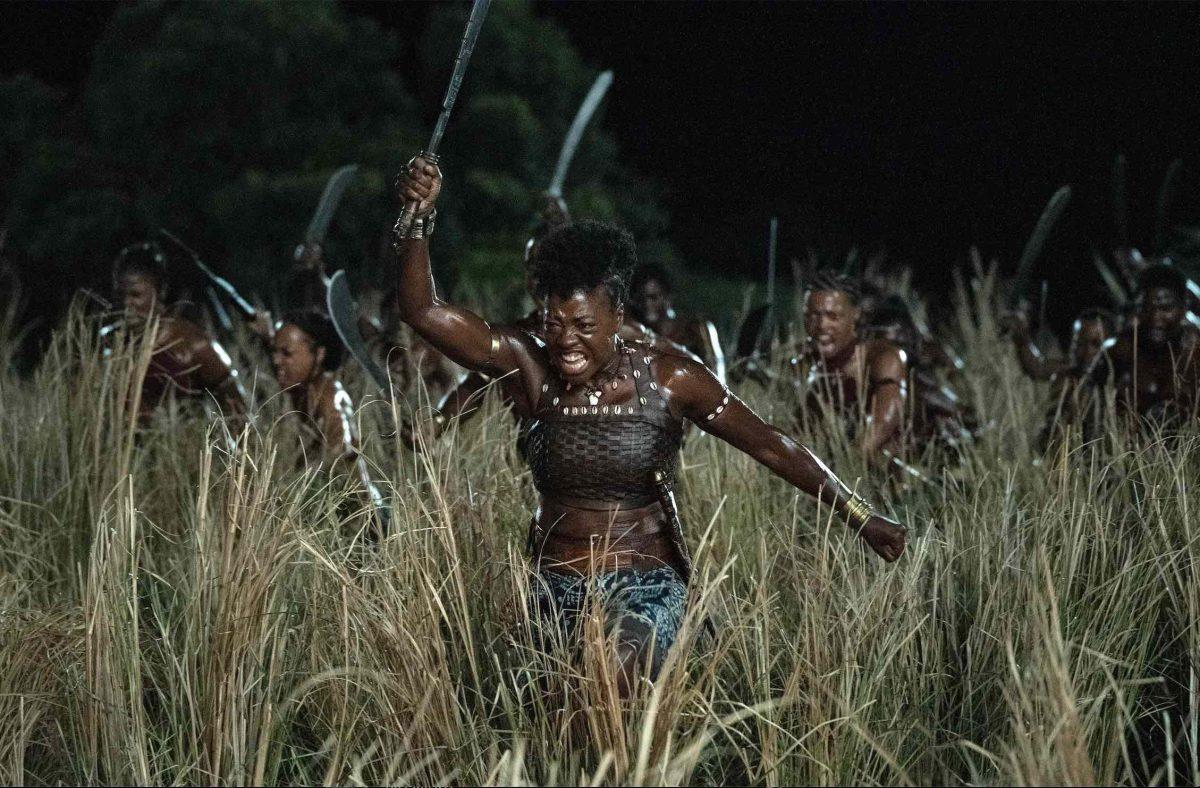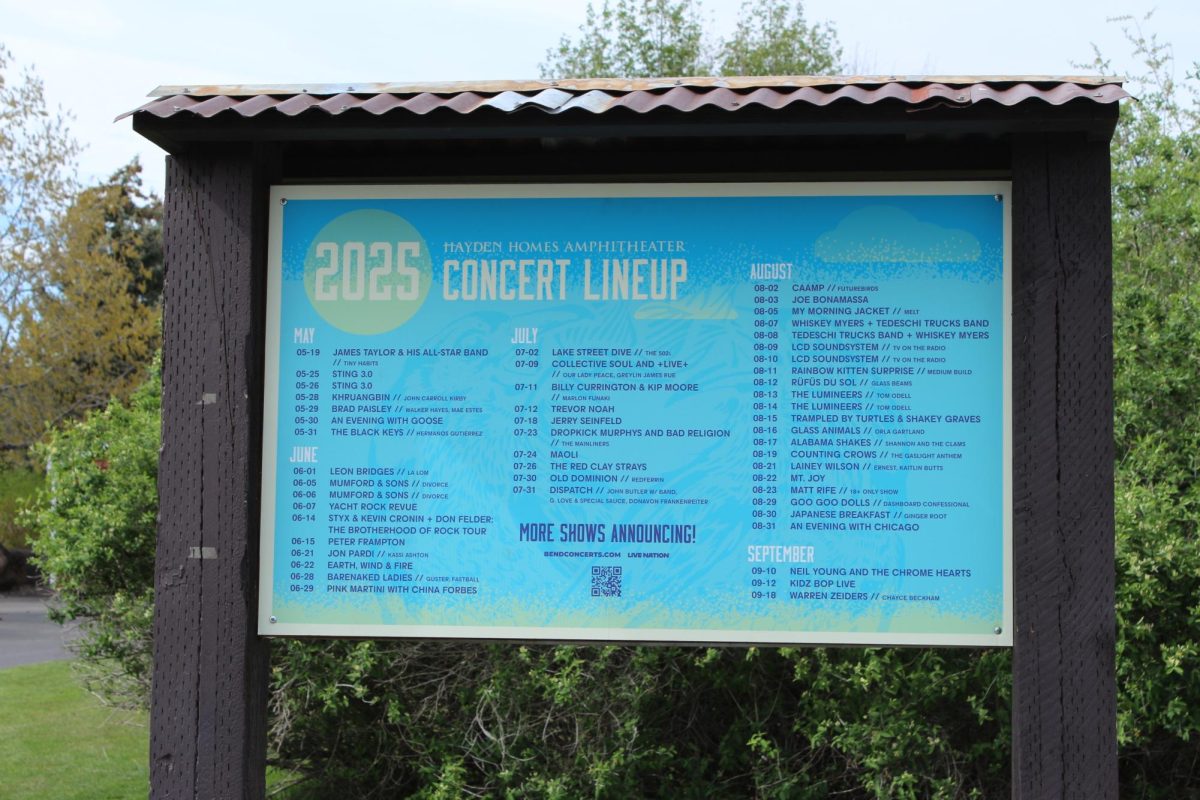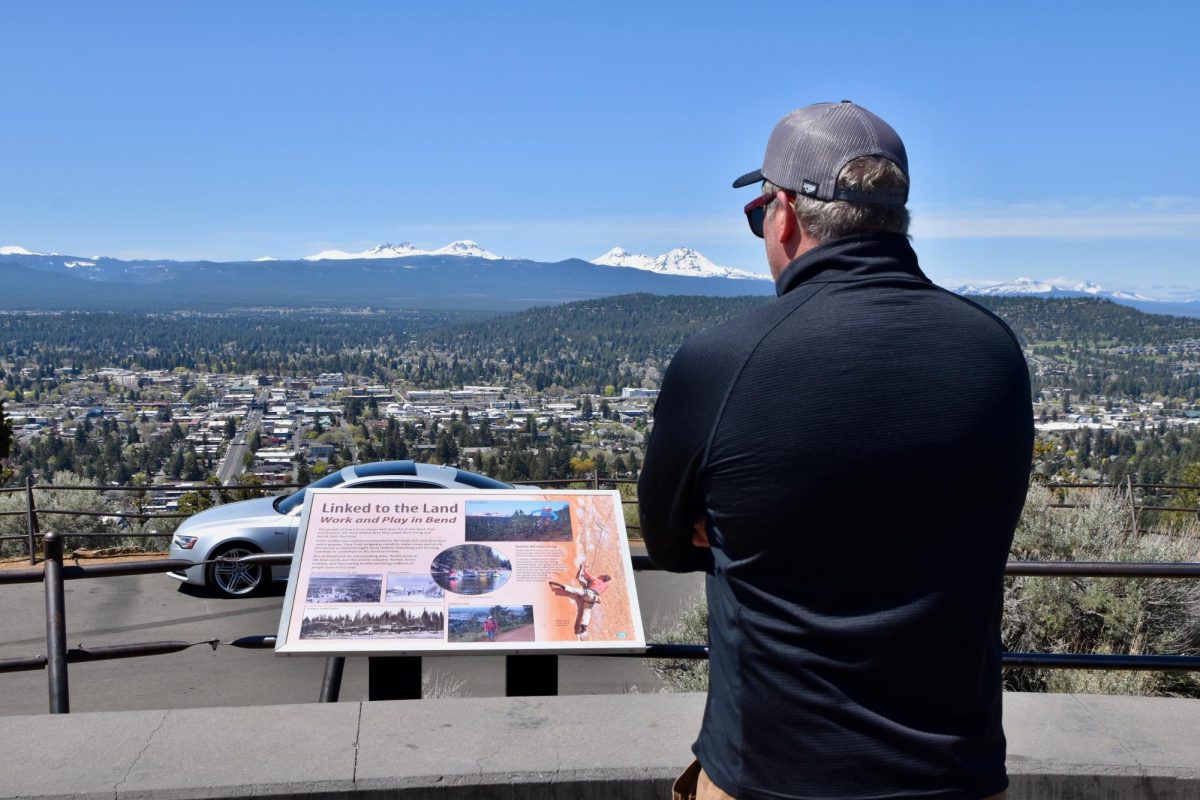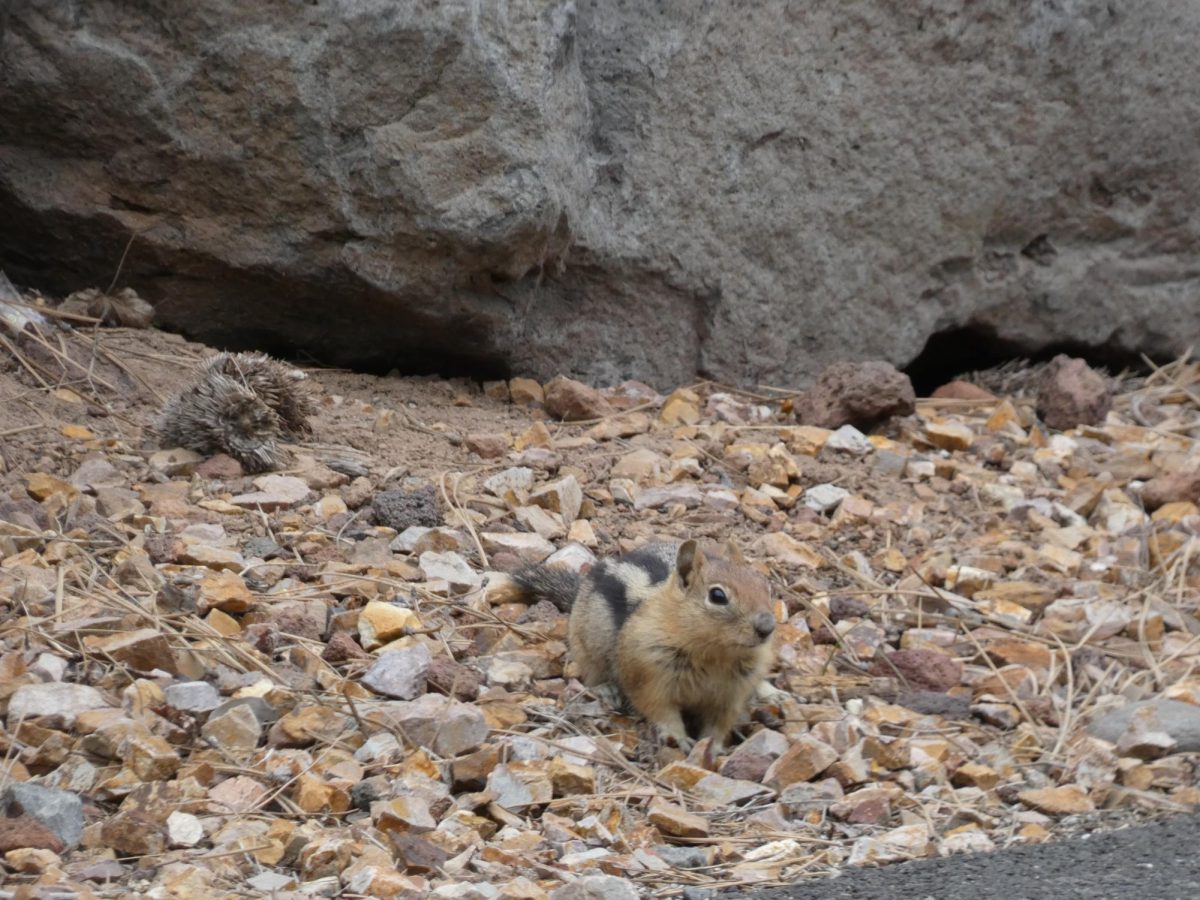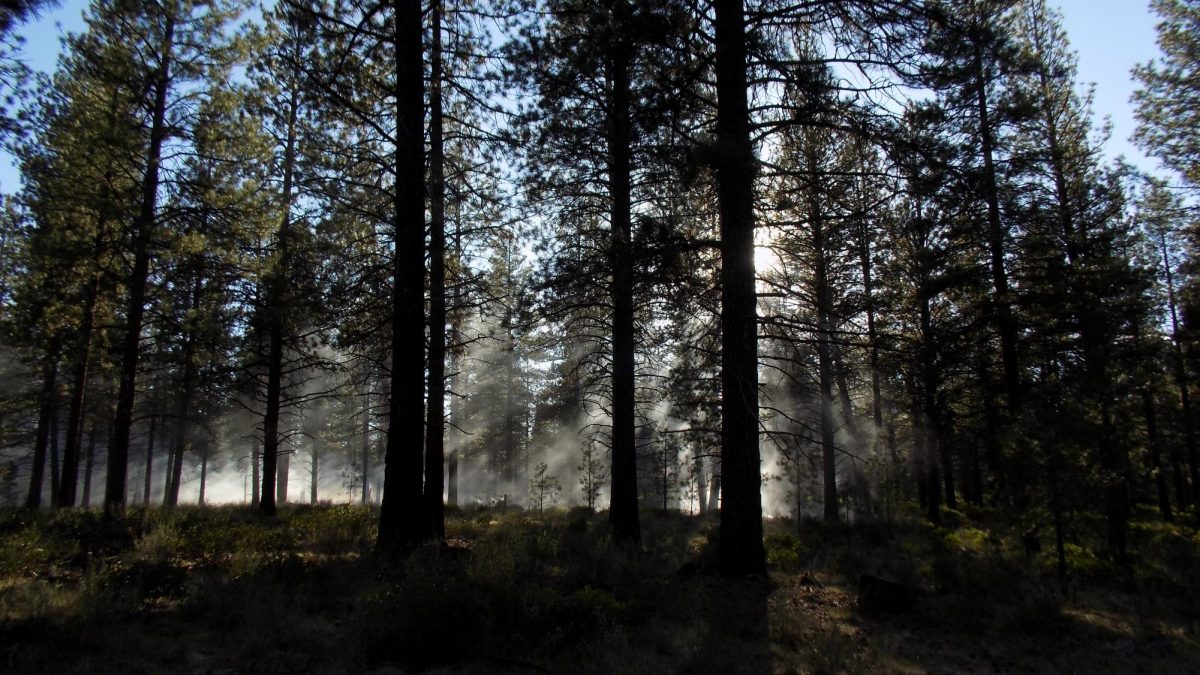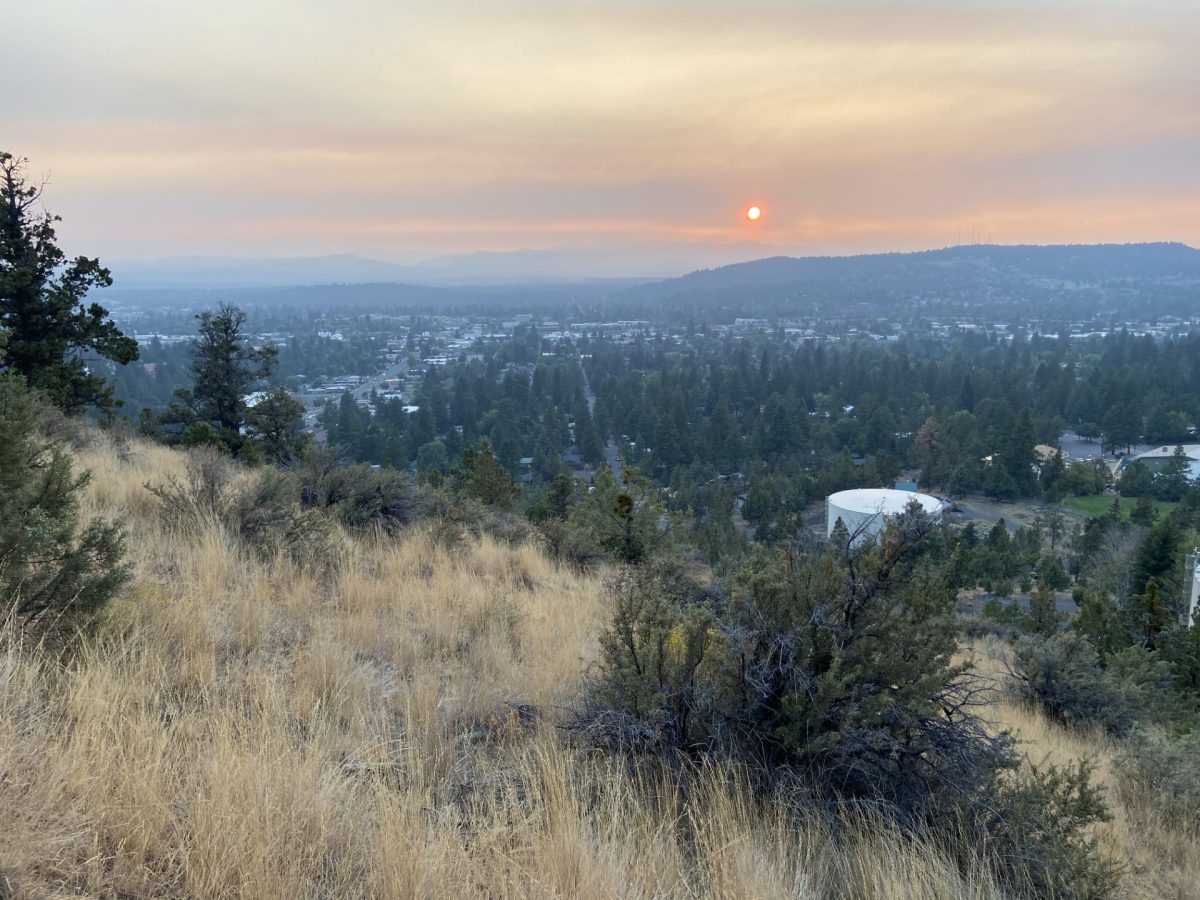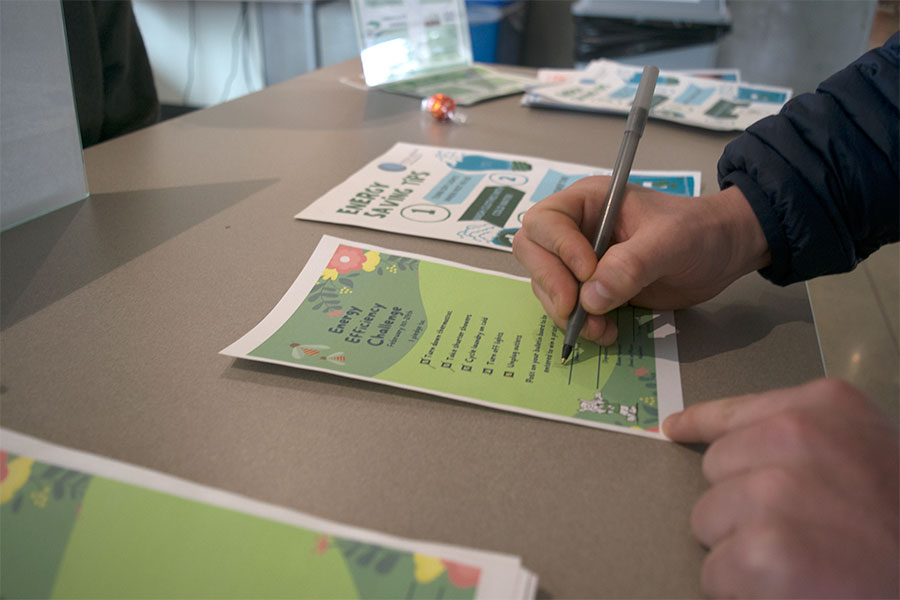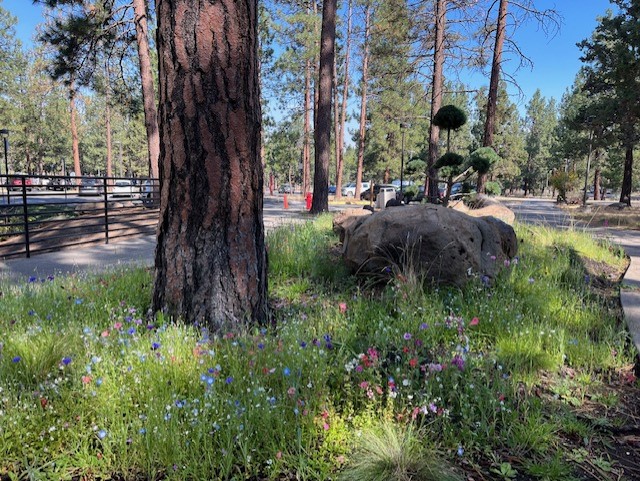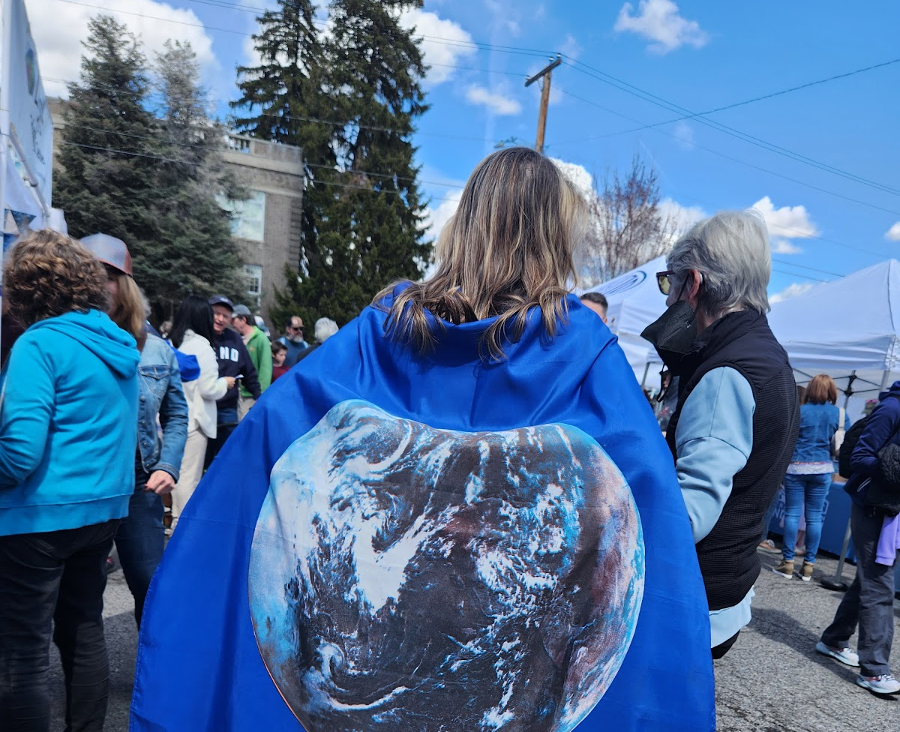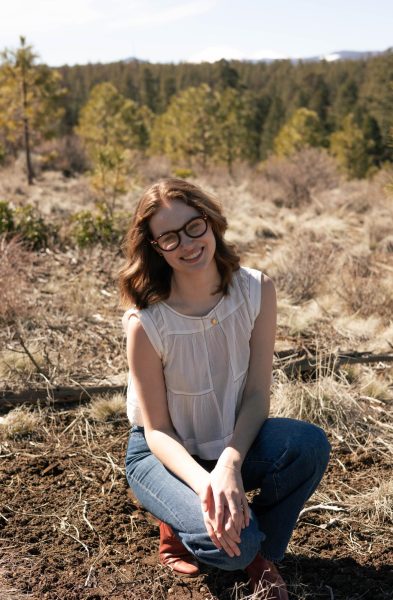Tribal communities in Oregon are done discussing water rights. On April 20, Acosia Red Elk of the confederated Tribes of Umatilla Indian Reservation, and Film Producer Jesse Locke released their documentary “Reflection of Life” for all Central Oregon to see. The film highlighted the struggles many in Tribal communities face, specifically speaking toward their lack of water rights and the polluted water they end up receiving. The film debuted at the Tower Theatre in Bend and the Madras Performing Arts Center.
The night began with a short film by Central Oregon Community College students. They interviewed other students and had a short but strong message about the importance of water and how the water rights issue affects them.
The film shows water is a huge part of native culture and important to their identity, ceremonies, farming and daily life. The one thing everyone who was interviewed said was that water has a soul.
In the last 50 years the state government and those that lived on this stolen land decimated the waters of not only the PNW, but across the Midwest. The Columbia River is the main source of flowing water which connects to smaller but still prominent rivers, like the Deschutes or the Willamette River. With farmers and the government continuing to dump waste and garbage in these rivers the pollutants are becoming detrimental.
These rivers that are being harmed are the main sources of water and wildlife for the natives. Many Natives who use this water must boil it before they can use it in case of infectious diseases and harmful chemicals found in the water that could make them and their community sick. Not only that but the pollution kills the life in the water, the fish and other creatures that live in the water are disappearing rapidly.
The dams also cause problems for the Native community. With so many dams in and near the rivers they rely on, natives aren’t able to access as many fish, part of their primary food source. Originally dams were used to control water levels, generate electricity and provide water to be used for agriculture, irrigation and navigation. And it worked; for many years dams were not a problem, until they began intervening with nature. The dams, while supposed to help society, are creating a barrier that their fish cannot cross, even if they survive all the pollution, they can’t procreate with the dams preventing them from migration.
The Native Americans were promised clean water and complete control over their land in the late 1800’s and yet those treaties and promises were broken and have been getting violated ever since.
At the end of this extremely moving documentary, the film deserved a much-deserved standing ovation from the filled theater.
This documentary was a demand for attention to the problems the natives do not deserve, a plea to Americans to stop their harmful practices and give back what was once promised to the Native Americans.








